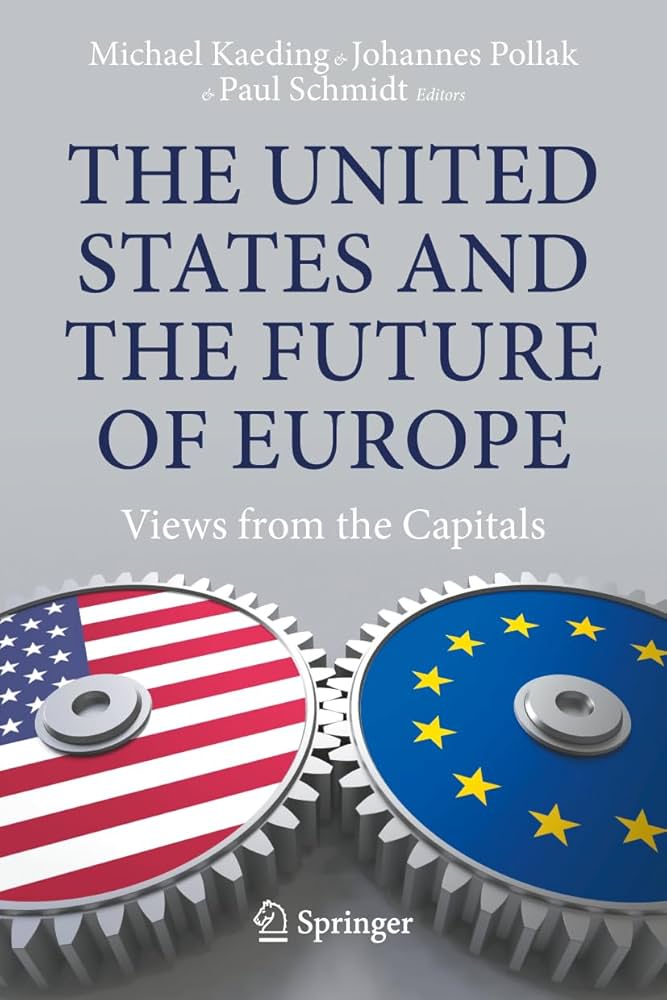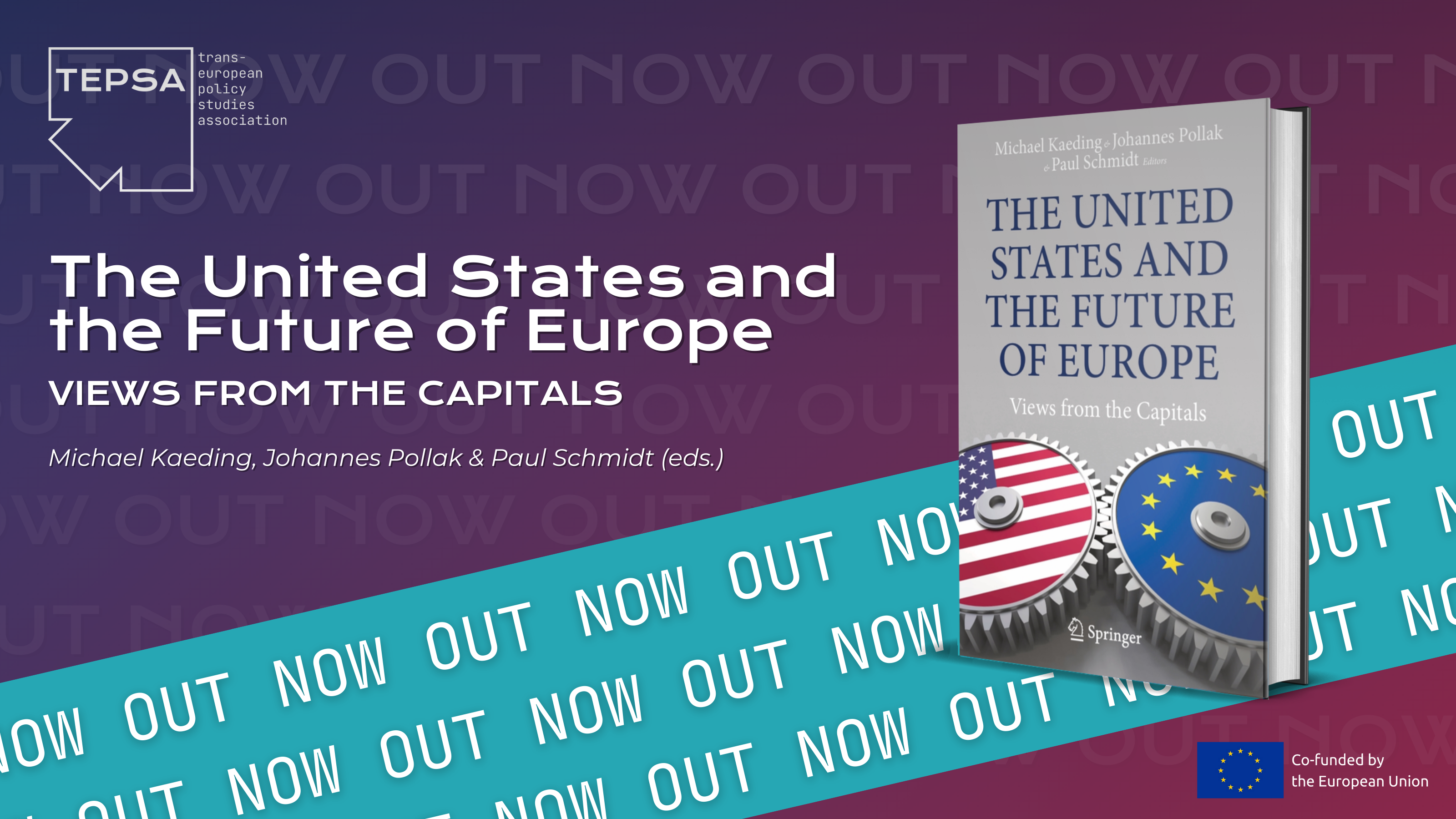France, the U.S.’ Oldest and Most Complicated Ally: A Stubborn Defender of a Truly European Industrial and Defence Policy

France, the U.S.’ oldest ally, is also the EU country which most stubbornly defends genuinely European industrial and defence policies. It calls for ‘strategic autonomy’ in all political domains, a position increasingly difficult to hold against a hardening international climate.

FRANCE AND THE US – TWO TIGHTLY INTERKNIT COUNTRIES WITH FUNDAMENTAL POLITICAL DIVERGENCES
As the first state to recognise America in the 18th century, France is considered to be its ‘oldest ally’. Two centuries later, the US’s role in France’s liberation from Nazi Germany has further tightened the bonds between these two countries.
Immediately following the Second World War, US-French priorities took divergent paths, with the Suez crisis (1956) still regarded as a major humiliation for France. In 1966, President Charles de Gaulle, who embodied a policy of autonomy, loosened France’s ties with NATO by withdrawing from its integrated command. Under de Gaulle, France developed its own nuclear capacities, criticised the US’s presence in Vietnam, recognised China in 1964 and called for French-speaking Quebec’s national independence in 1967. Almost four decades later, France opposed George W. Bush’s ‘Iraqi Freedom’, another important development in these two countries’ bilateral relationship. The Obama years were marked by the ‘Pivot to Asia’ and the US’s failure to intervene in Syria. Under Trump the US grew more unpredictable and transactional. This was followed by two major blows under Joe Biden: firstly, the withdrawal from Afghanistan in 2021; and secondly, the launching of AUKUS, a security partnership between Australia, the UK and the US – including Australia’s cancelling of a 56-bn-EUR submarine deal with the French company Naval Group. However, these mishaps were compensated for by the US support to Ukraine in response to Russia’s war of aggression.
[...]
Marie Krpata is Research Fellow at the Study Committee on Franco-German Relations (Cerfa) at the French Institute of International Relations – Ifri, where she dedicates her research activities to the European Union and the external relations of the Franco-German couple.
>This article was published in "France, the U.S.’ Oldest and Most Complicated Ally: A Stubborn Defender of a Truly European Industrial and Defence Policy". In: Kaeding, M., Pollak, J., Schmidt, P. (eds) The United States and the Future of Europe. Springer, Cham (

Available in:
Themes and regions
ISBN / ISSN
DOI
Springer, Cham
Share
Related centers and programs
Discover our other research centers and programsFind out more
Discover all our analysesThe Franco-German Brigade and the Revival of European Defense
One thing has been clear since Donald Trump's return to the White House: the very existence of the European unification project is threatened. Unless it develops a sovereign defense policy to counter the war in Ukraine and the weakening of American security guarantees, the European Union will continue to see its internal cohesion and external attractiveness wane.
Friedrich Merz and the Zeitenwende 2.0. A “New Era” for Transatlantic Relations?
On February 23, 2025, almost 60 million voters were called upon to elect a new Bundestag. These elections will also give rise to a new government in Europe's largest economy.
After the Elections: Germany in Search of Shaken Stability?
With a voter turnout of 82.5%, Germany recorded its highest participation since 1987—an increase of 6.1 percentage points compared to 2021. As in the previous election, the high turnout particularly benefited the Alternative for Germany (AfD), which was able to mobilize many former non-voters. Many voters sought to punish the outgoing government with their ballots, as its approval rating had dropped to just 14% before the coalition broke apart in November 2024. Germany is now very likely heading toward a grand coalition between the CDU/CSU and the SPD, with exploratory talks having begun on February 28.
The German Greens as an Alliance Party: The End of an Illusion?
At the Wiesbaden Congress in November 2024, Robert Habeck, currently Minister for the Economy and Climate, was nominated as the Green Party’s candidate for the Chancellorship in the early parliamentary elections on February 23, 2025. The party, founded 45 years ago, is now firmly established in the German political landscape. Wishing to turn the page on an unloved ‘‘traffic light’’ coalition, the party is banking on a personal campaign and an optimistic discourse based on the energy transition and social justice.










